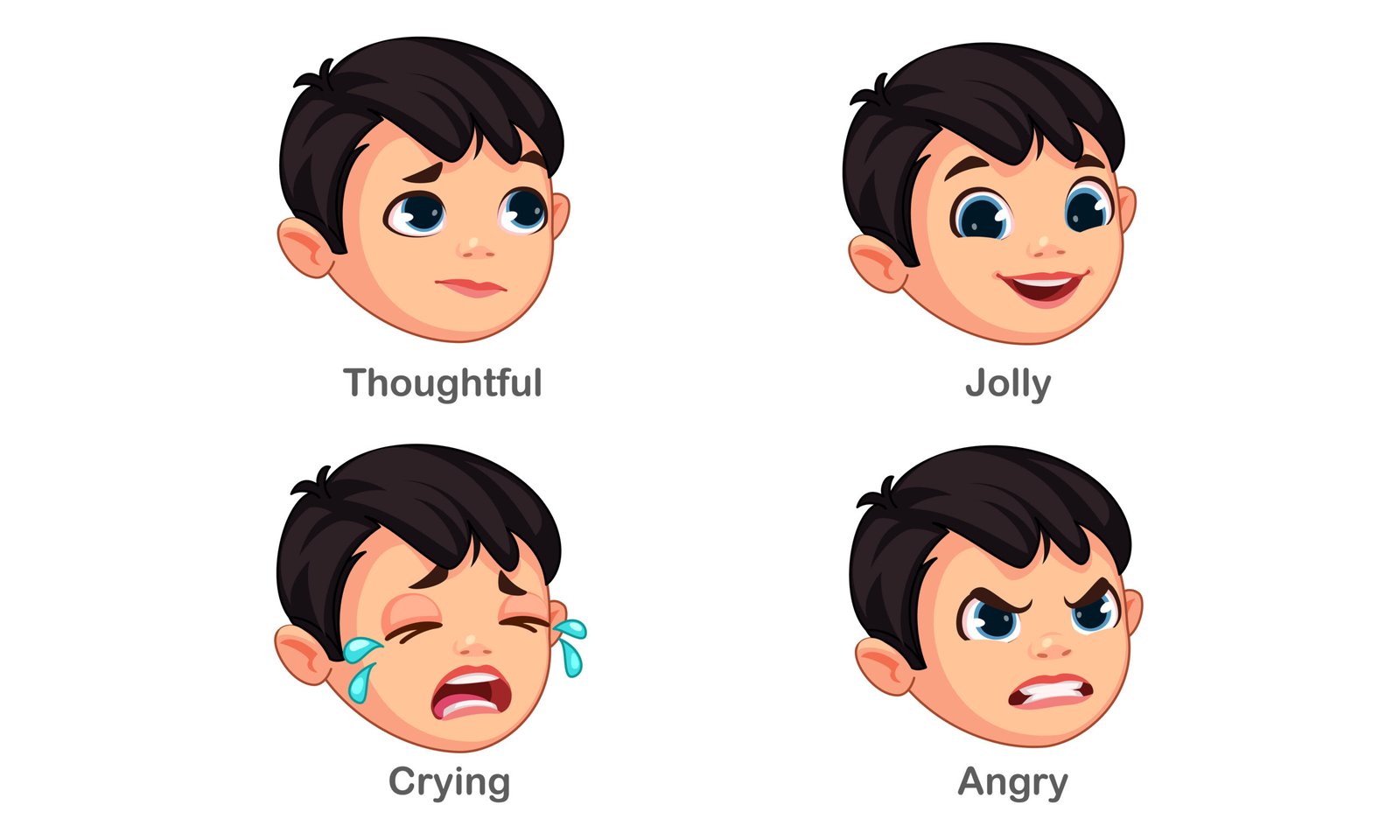
Emotions are powerful inner signals that influence our thoughts, behavior, and decision-making. From joy and love to anger and sadness, emotions shape how we experience the world. Learning to understand and manage them is essential for personal growth, healthy relationships, and mental wellness.
Everyone experiences feelings differently. They can be fleeting or long-lasting, mild or intense. What matters most is how we respond to them. Emotional intelligence—the ability to recognize, understand, and regulate your feelings—is a life skill that can improve every area of your life.
Why Emotions Matter
Emotions aren’t just “feelings”—they carry important messages. Anger might be a sign of a crossed boundary, while sadness can indicate loss or unmet needs. Joy tells us what we value, and fear helps us stay safe. By paying attention to our emotions, we can better understand ourselves and the world around us.
How to Manage Emotions Effectively
Managing feelings doesn’t mean ignoring them. It means recognizing them, expressing them in healthy ways, and not letting them control you. Here’s how:
- Practice Self-Awareness: Pause and name your emotions as they arise.
- Breathe & Reflect: Use deep breathing or mindfulness to regulate strong feelings.
- Express Yourself: Talk to someone you trust or write in a journal.
- Set Boundaries: Protect your emotional space from toxic situations or people.
- Seek Support: A counselor or therapist can help with deeper emotional issues.
The Power of Emotional Intelligence
Developing emotional intelligence helps improve communication, empathy, and conflict resolution. It builds stronger relationships and allows you to respond rather than react to life’s challenges. Emotionally intelligent people tend to experience less stress and make better decisions.
Embracing the Full Range of Emotions
All emotions—even the uncomfortable ones—are valid. Rather than avoiding negative feelings, it’s healthier to explore them and understand what they’re trying to tell you. Embracing the full range of your feelings allows you to live more authentically and with greater self-compassion.
Your emotions are not weaknesses—they are your inner compass. When you understand and manage them, you gain greater control over your life. Be curious about what you feel, and give yourself the space to feel it. In doing so, you grow stronger, wiser, and more connected to your true self.
The Power of Emotional Awareness in Daily Life
Understanding emotions isn’t just for moments of crisis — it plays a crucial role in our everyday decisions, relationships, and inner dialogue. From how we respond to a friend’s words to how we cope with disappointment, emotions silently shape our behavior.
The first step in managing emotions is becoming aware of them as they arise. Often, we don’t notice when anger, sadness, or even joy shows up — we react without questioning why we feel a certain way. But when we slow down and ask ourselves, “What exactly am I feeling right now, and why?” we begin to build emotional intelligence, a life skill that leads to better communication, healthier boundaries, and deeper self-understanding.
A Personal Reflection: The Day I Let Myself Feel
There was a time when I believed ignoring emotions was the best way to stay strong — especially negative ones like anxiety, guilt, or sadness. I thought if I didn’t give them attention, they would disappear. But all that did was push those feelings deeper, where they turned into stress and burnout.
One day, after a particularly overwhelming week, I allowed myself to just sit with my feelings — no distraction, no judgment. I journaled what I was experiencing without editing it. Surprisingly, this act of acknowledgment felt like a release. I wasn’t trying to “fix” anything — I was simply allowing space for my emotions to exist.
That moment taught me something powerful: healing begins not when you silence your emotions, but when you listen to them without fear.
Healthy Ways to Process & Embrace Emotions
Managing emotions doesn’t mean suppressing them — it means learning how to respond instead of react. Here are a few gentle ways to develop emotional resilience:
- Name the emotion: Simply identifying what you’re feeling (“I’m anxious” or “I feel unseen”) brings clarity. Often, naming your emotions helps lessen their intensity.
- Use journaling as a tool: Writing down your thoughts can help separate fact from fear. It’s a safe, non-judgmental space to explore what’s really going on inside.
- Talk to someone you trust: Sharing your feelings with a friend, mentor, or therapist doesn’t make you weak — it makes you human. Sometimes, being heard is all we need to feel grounded again.
- Incorporate grounding practices: Whether it’s meditation, deep breathing, or going for a walk, physical grounding helps regulate intense emotional waves.
Your Emotions Are Not Your Enemy — They’re Your Guide
We often label emotions as good or bad — happiness and calm are welcome, while anger, sadness, and fear are seen as problematic. But the truth is, every emotion carries a message. Anger might signal a boundary being crossed. Sadness might point to a value being lost. Even fear can be a form of protection.
The goal isn’t to be emotionless — it’s to become emotionally wise. When you embrace your emotions with compassion, you begin to move through life more consciously — no longer a prisoner to feelings, but a mindful partner of them.
Let Your Feelings Flow, Not Define You
Embracing your emotions is an act of self-respect. It’s about making peace with every version of yourself — the joyful one, the anxious one, the hopeful one, the hurt one. It’s okay to feel deeply. It’s okay to cry. It’s okay to not have it all together.
Because emotions aren’t obstacles to your growth — they are the path to it.







